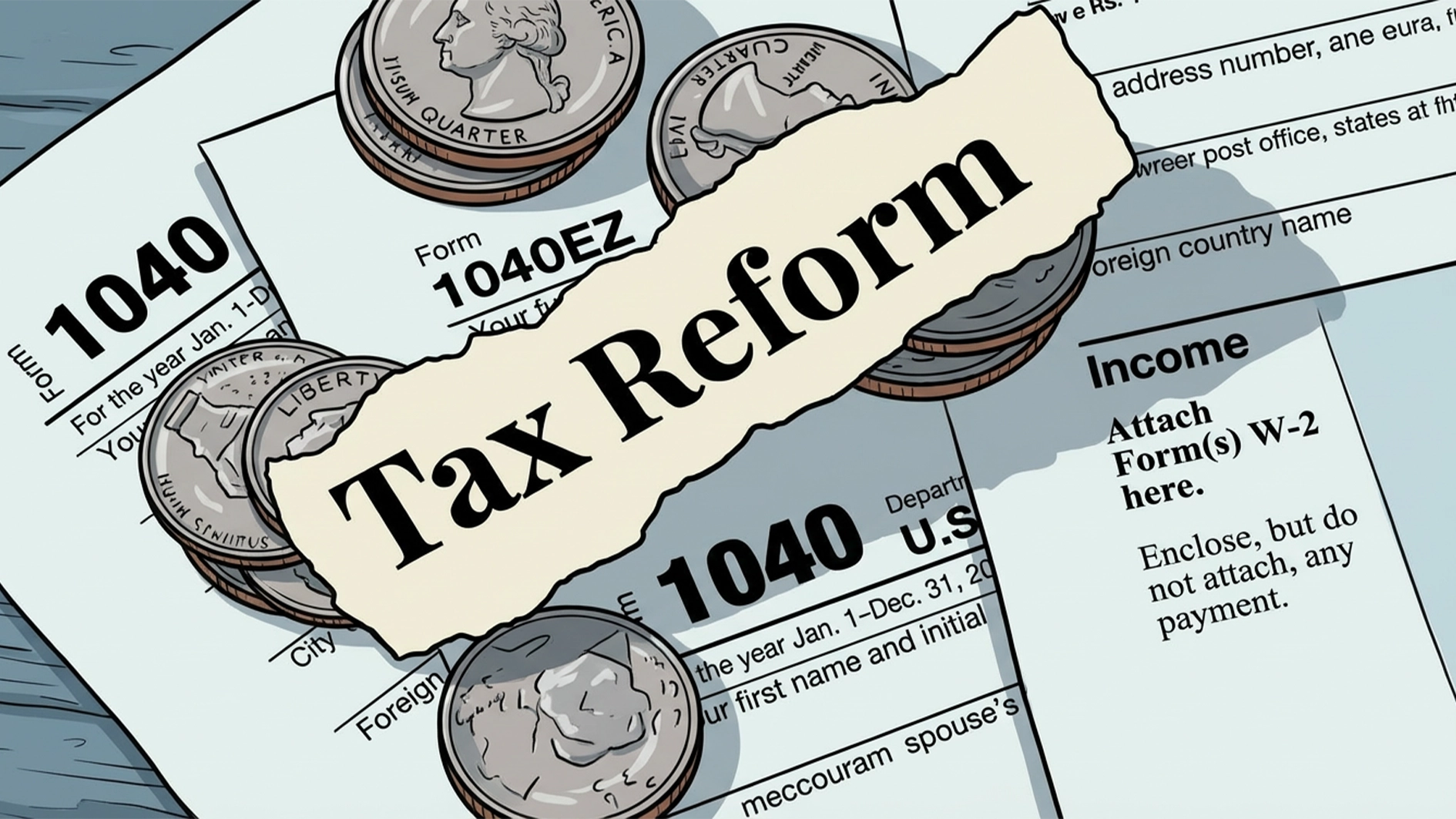•‘Growth policy, not import ban, required for affordability’
•Create dedicated FX window for imports, expert urges CBN
As Nigeria’s fragile national grid continues to falter, a growing number of households turning to solar power are grappling with a year-on-year increase of over 40 per cent in installation costs, driven by foreign exchange (FX) volatility and surging demand.
Stakeholders told The Guardian that the sudden price hike could affect affordable energy access and undermine the country’s clean energy transition goals.
A basic solar setup that costs between N350,000 and N550,000 in 2024 now costs between N550,000 and N750,000. At a medium price of N650,000 as against N450,00 a year ago, the installation has risen by 44.4 per cent in 12 months.
Lithium-ion batteries are also approaching N1 million.
Operators blame the surge on weak naira and shipping costs for the spike. With most components priced in dollars or yuan, the naira’s slump has sharply inflated local prices of key components.
Chief Executive Officer of Excellent-Glory Solar System, Dr Felix Adekunjo, noted that while demand remains strong due to unreliable grid power and high petrol prices, many clients are shelving installation plans or opting for phased payments.
“Some simply postpone because they cannot afford the upfront cost,” he said.
He added that while inverter and panel costs have risen moderately, batteries, especially lithium-ion, have seen the steepest increases, compounded by global demand and limited supply.
Industry players warn that proposed restrictions on solar imports could worsen the situation.
“An import ban, without adequate local manufacturing capacity, risks causing shortages, driving up prices and flooding the market with low-quality alternatives,” Adekunjo said.
While he supports a phased local content strategy, he stressed that such efforts must be paired with technical training, proper regulation, and financing support to avoid harming consumers.
Investigations by The Guardian reveal a shift in consumer behaviour.
Many households and small businesses are either downsizing proposed systems or abandoning solar entirely due to cost.
Petrol prices hovering around N900 per litre since early 2025 have made solar appealing, but capital costs remain a barrier.
A Lagos-based frozen food vendor, Dayo Aluko, said he abandoned plans to install a backup solar system due to the N750,000 investment, indicating that the upfront payment remains a critical issue for small businesses.
“I just buy fuel daily for my generator,” he said.
Similarly, Chinedu Eze told The Guardian his family shelved plans to power basic home appliances with solar after receiving a nearly N900,000 quote.
“Now we spend about N6,000 weekly on petrol instead,” he said.
Experts argue that accessible financing, such as low-interest loans, cooperative schemes, or flexible payment plans is crucial for wider solar adoption among low-income earners and micro-businesses.
An energy policy expert, Dr Ayodele Oni, said that stabilising FX access through dedicated windows and structured credit lines is critical.
He urged the Central Bank of Nigeria (CBN) to act, warning that the FX crisis could raise solar systems out of the reach of average Nigerians.
“With most components still heavily import-dependent, stabilising FX access is more impactful than import restrictions. We cannot meet demand locally within the next five years,” he said.
Oni recommended partnerships with development finance institutions and climate-focused donors to deliver low-interest credit facilities that will unlock clean energy access as grid and petrol costs continue to climb.
While the Managing Director of the Rural Electrification Agency (REA), Abba Aliyu, has stated that Nigeria has a 600-megawatt solar PV manufacturing capacity, analysts argue that the local industry remains nascent.
An electricity market analyst, Lanre Elatuyi said domestic production is still at an infancy stage and cannot yet compete on price or quality.
“An import ban now would be premature. Government incentives and subsidies are needed to make solar affordable,” he said.
Another energy law expert, Prof. Dayo Ayoade, also questioned Nigeria’s true production strength.
“We don’t yet produce lithium batteries or key components at scale. Without building that capacity, banning imports puts the cart before the horse.”






